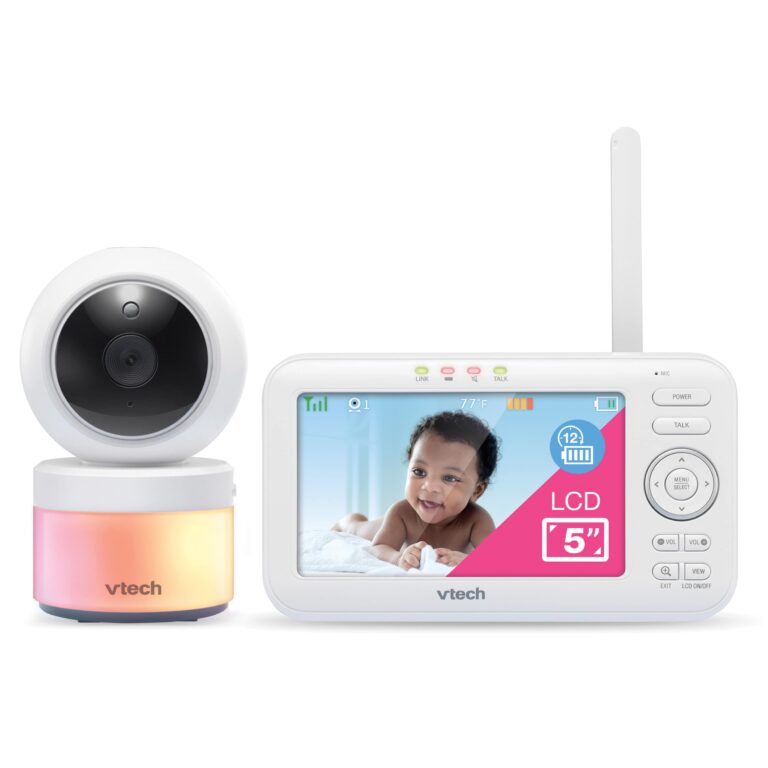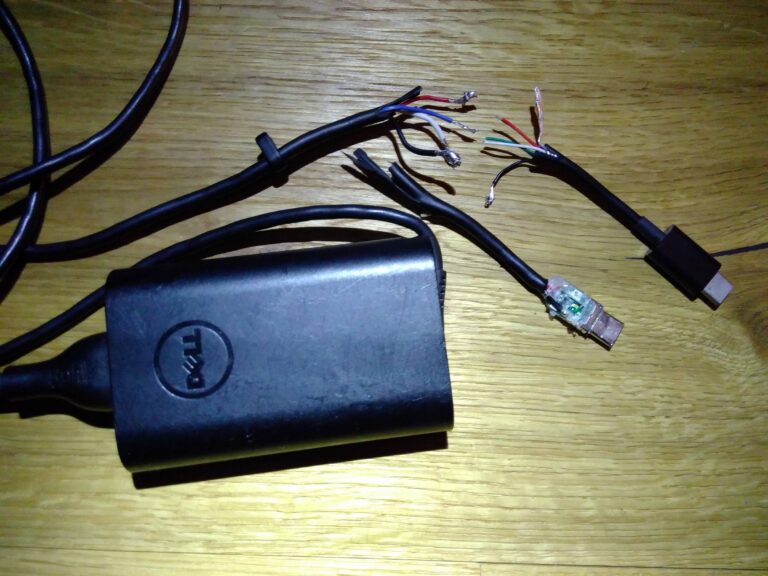You are Not Required to Monitor the Investments Held Through: Simplify Your Financial Responsibilities
You are not required to monitor the investments held through your spouse’s employee benefit plan if they are managed and chosen by an external entity. This means that you do not have the obligation to oversee or keep track of the investments made in your spouse’s pension plan if they are handled by a third party.
However, it is essential to understand the rules and regulations surrounding personal independence and investments to ensure compliance with the requirements. This article will provide an introduction to the topic of independence for spouses and spousal equivalents, explaining the need for awareness and understanding in relation to personal investments and financial relationships.
Simplifying Financial Oversight
Managing investments can be a daunting task, but when it comes to your spouse’s employee benefit plan, you can breathe a sigh of relief. You are not required to monitor the investments held through your spouse’s plan if they are managed and chosen by an authorized professional. This gives you the freedom to focus on other aspects of your financial life while still reaping the benefits of your spouse’s investment plan.
Autonomy In Spousal Investment Plans
One of the benefits of having a spousal investment plan is the autonomy it provides. You have the ability to delegate the responsibility of monitoring the investments to qualified professionals who have the expertise and knowledge to make informed decisions. By doing so, you can let go of the stress and time-consuming task of keeping a close eye on the market and instead focus on your own financial goals and aspirations.
Delegating To Qualified Managers
When it comes to investing, it’s crucial to have someone who understands the intricacies of the market and can make well-informed decisions. By delegating the responsibility of monitoring your investments to qualified managers, you can trust that your money is in good hands. These professionals are equipped with the knowledge and expertise to analyze market trends, make strategic investment decisions, and manage risk effectively. With them watching over your investments, you can enjoy peace of mind knowing that your financial future is being carefully considered.
The Role Of Employer Benefit Schemes
Employer benefit schemes play a significant role in simplifying financial oversight. These plans often provide a wide range of investment options, allowing you to choose the ones that align with your financial goals and risk tolerance. Additionally, they provide access to expert advice and resources that can further assist you in making informed investment decisions. By taking advantage of these benefit schemes, you are leveraging the expertise of professionals to help you navigate the complex world of investments.
In conclusion, monitoring investments held through your spouse’s employee benefit plan can be simplified by placing trust in qualified managers and taking advantage of employer benefit schemes. This allows you to focus on other aspects of your financial life while still benefiting from the potential growth and stability of investments. So, embrace the autonomy and peace of mind that comes with knowing your investments are in capable hands.

Credit: www.samsungknox.com
Hands-off Investment Strategy
With a hands-off investment strategy, you are not required to constantly monitor the investments held through your spouse’s employee benefit plan or pension plan. These investments are managed and chosen by professionals, giving you the freedom to focus on other aspects of your financial journey.
Empowering Professional Management
When it comes to your spouse’s employee benefit plan, you are not required to constantly monitor the investments held within. This is because these investments are managed and chosen by professionals who specialize in the field. By delegating this responsibility to experts, you empower them to make informed decisions on your behalf.
Trusting Expertise And Diversification
Trusting the expertise of investment professionals is an essential aspect of the hands-off investment strategy. These professionals have the knowledge and experience to handle the complexities of the market, ensuring your investments are diversified across various asset classes. Diversification is crucial in minimizing risks and maximizing potential returns.
Minimizing Personal Time Investment
One of the key advantages of adopting a hands-off investment strategy is the ability to minimize your personal time investment. By entrusting professionals to handle the monitoring and management of your investments, you free up valuable time to focus on other aspects of your life. Whether it’s pursuing personal hobbies, spending time with loved ones, or advancing your career, the hands-off investment strategy allows you to prioritize your time and energy.
Overall, the hands-off investment strategy allows you to take a step back and rely on professional management. By empowering these experts, trusting their expertise and diversification strategies, and minimizing your personal time investment, you can have the confidence that your investments are in capable hands.
Not Your Burden To Bear
When it comes to monitoring investments held through your spouse’s employee benefit plan or pension plan, you may be relieved to know that it is not your burden to bear. As an individual, you are not required to monitor these investments if they are managed and chosen by an institutional entity. This distinction releases you from the responsibility of staying up-to-date on investment performance, market trends, and financial decisions. Let’s explore the legalities of investment monitoring, reliance on institutional safeguards, and the spousal independence clause further.
Legalities Of Investment Monitoring
The legal aspect of not monitoring investments held through your spouse’s employee benefit plan or pension plan is particularly important. According to regulations and guidelines set by various financial authorities, individuals are not required to personally monitor these investments. Instead, the duty falls upon the institutional entity responsible for managing the investment portfolio. This relieves you of potential stresses and allows you to focus on other aspects of your personal and professional life.
Reliance On Institutional Safeguards
One of the key reasons you are not required to monitor these investments is the reliance on institutional safeguards. Employee benefit plans and pension plans are typically managed by professional financial institutions or investment firms. These entities have the expertise, experience, and resources to monitor, select, and manage investment portfolios effectively. By relying on these institutional safeguards, you can have peace of mind knowing that professionals are overseeing and making informed decisions about the investments held through these plans.
The Spousal Independence Clause
In recognition of the importance of independence and autonomy, many employee benefit plans and pension plans include a spousal independence clause. This clause ensures that each spouse maintains their financial independence and individual investment choices. It emphasizes that you are not required to monitor the investments held through your spouse’s plan, as they are managed and chosen independently. This clause adds an extra layer of protection for your personal financial circumstances and ensures that you have the freedom to make your own investment decisions, should you choose to do so.
In conclusion, it is not your burden to bear to monitor the investments held through your spouse’s employee benefit plan or pension plan. The legal framework, reliance on institutional safeguards, and the spousal independence clause all contribute to this relief from monitoring responsibilities. Trust in the professionals managing these investments and enjoy the freedom to focus on other aspects of your life.
Streamlined Financial Responsibilities
When it comes to managing investments held through your spouse’s employee benefit plan, you may be relieved to know that you are not required to constantly monitor them. This is especially the case if the investments are managed and chosen by qualified professionals. By understanding the distinction between active and passive roles, leveraging automation, and knowing when not to intervene, you can streamline your financial responsibilities and focus on long-term financial health.
Differentiating Active Vs. Passive Roles
When it comes to monitoring investments, it’s important to understand the difference between taking an active or passive role. While active management involves actively making investment decisions and regularly monitoring the portfolio, passive management typically involves a more hands-off approach, relying on market indexes or automated algorithms to guide the investment strategy.
- Active management requires ongoing attention, research, and decision-making.
- Passive management is more automated and relies on predetermined investment strategies.
Automation And Long-term Financial Health
Automation can play a significant role in streamlining your financial responsibilities and ensuring long-term financial health. By leveraging technology and automated tools, you can minimize the need for constant monitoring and intervention.
- Regularly scheduled contributions: Set up automatic contributions to your spouse’s employee benefit plan, allowing for consistent and disciplined investing.
- Rebalancing: Automate the process of rebalancing your investment portfolio to maintain the desired asset allocation without the need for constant monitoring.
- Diversification: Utilize automated tools that can help you achieve diversification within the investment portfolio, minimizing risk.
When Not To Intervene In Investments
While it’s important to stay informed about your financial situation, there are moments when it’s best to avoid unnecessary intervention in your spouse’s employee benefit plan investments. Trusting professionals who manage and choose these investments can offer peace of mind and minimize the need for constant monitoring. Here are a few instances where it may be wise to refrain from intervention:
- Qualified professional management: If the investments are handled by reliable professionals who have a proven track record, it may be best to trust their expertise and let them do their job.
- Long-term investment strategy: If the investments align with a well-thought-out long-term investment strategy, it’s often best to avoid unnecessary interference that could disrupt the intended plan.
- Market volatility: During times of market fluctuations, it may be tempting to make hasty decisions. However, it’s important to trust the expertise of professionals who can navigate these fluctuations with a long-term perspective in mind.
By understanding the distinct roles, leveraging automation, and knowing when not to intervene, you can maintain a streamlined approach to your financial responsibilities, ensuring long-term financial health for you and your spouse.
Beyond Monitoring: Building Wealth
Building wealth goes beyond just monitoring your investments. You are not required to constantly monitor the investments held through your spouse’s employee benefit plan, as they are managed and chosen by professionals. Instead, focus on strategies that can help you grow your wealth over time.
Complementary Financial Practices
In today’s fast-paced world, managing investments can feel like a never-ending task. However, when it comes to monitoring the investments held through your spouse’s employee benefit plan, you can take a hands-off approach and focus on complementary financial practices that build wealth rather than constantly monitoring investments.
Advantages Of A Hands-off Approach
By not being required to monitor the investments held through your spouse’s employee benefit plan, you can save yourself time and reduce stress. This hands-off approach allows you to concentrate on other financial strategies that can potentially maximize your returns and build wealth over the long term.
Maximizing Returns Without Micromanaging
When you are not required to monitor investments, you have the freedom to focus on maximizing your returns without getting caught up in micromanaging every investment decision. Instead, you can consider diversifying your portfolio, exploring other investment opportunities, and even seeking professional advice to make informed decisions.
Instead of constantly monitoring investments held through your spouse’s employee benefit plan, you can shift your focus to complementary financial practices that align with your long-term wealth-building goals. By taking a hands-off approach, you can save time, reduce stress, and explore other avenues to maximize returns and grow your wealth.
Frequently Asked Questions On You Are Not Required To Monitor The Investments Held Through
Can I Monitor The Investments Held Through My Spouse’s Employee Benefit Plan If They Are Managed And Chosen By An Expert?
You are not required to monitor the investments held through your spouse’s employee benefit plan if they are managed and chosen by an expert. As long as you can trust the expertise of the person managing the investments, you can focus on other areas of your financial planning.
Do I Need To Monitor The Investments Held Through My Spouse’s Pension Plan?
If your spouse’s pension plan investments are managed and chosen by an expert, you are not required to monitor them. Trust in the expertise of the professionals handling the investments, and use your time and energy on other aspects of your financial journey.
What Happens If I Don’t Monitor The Investments Held Through My Spouse’s Pension Plan?
If the investments held through your spouse’s pension plan are managed and chosen by experts, you don’t have to monitor them. By relying on the expertise of professionals, you free up your time and energy to focus on other financial matters that require your attention.
Can I Rely On Professionals To Monitor The Investments Held Through My Spouse’s Pension Plan?
Yes, you can trust professionals to monitor the investments held through your spouse’s pension plan. As long as experts are managing and choosing the investments, you can have confidence in their ability to monitor and make informed decisions on your behalf.
This allows you to have peace of mind and concentrate on other financial aspects.
Conclusion
Monitoring the investments held through your spouse’s employee benefit plan is not a requirement if they are managed and chosen by a professional. This allows for personal independence while still benefiting from the investment. By understanding the regulations and guidelines surrounding personal investments, you can ensure compliance without the need for constant monitoring.
Trust in the expertise of professionals and focus on other aspects of your financial journey.






